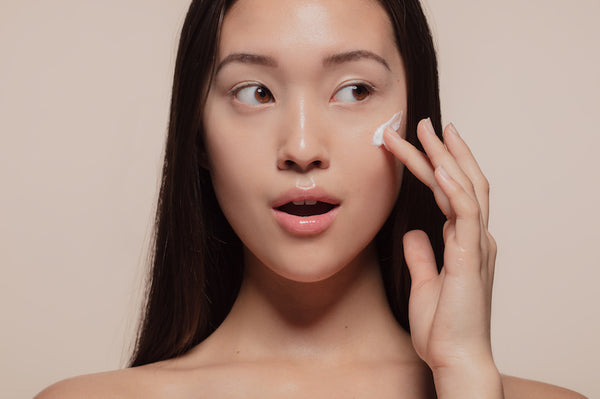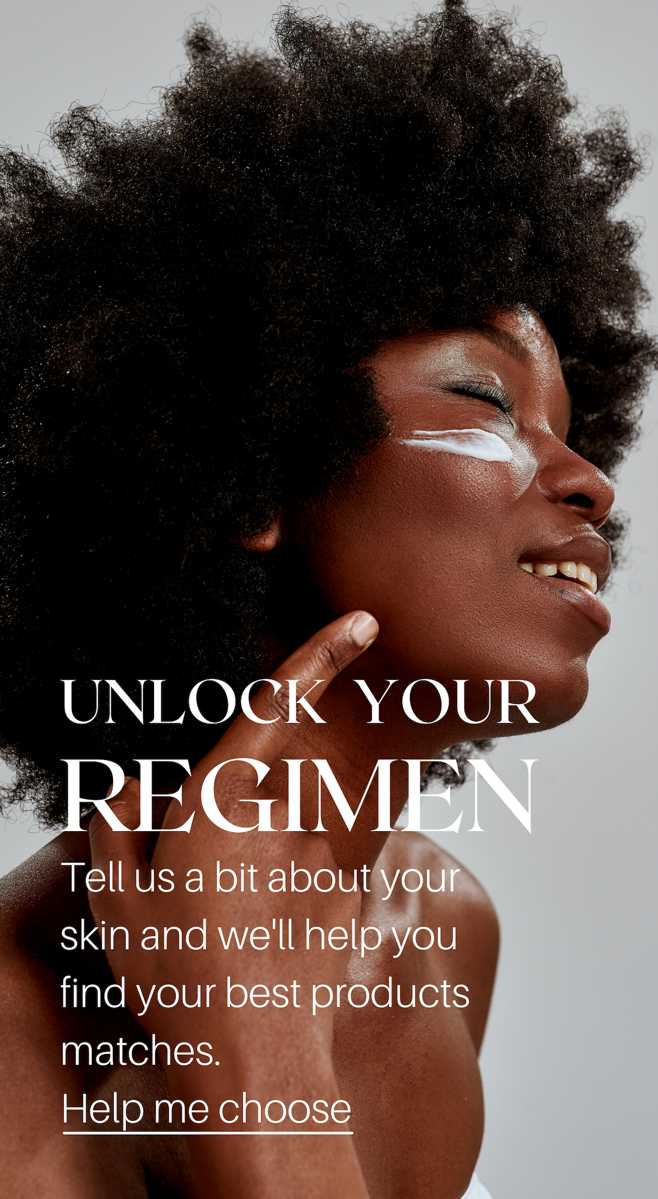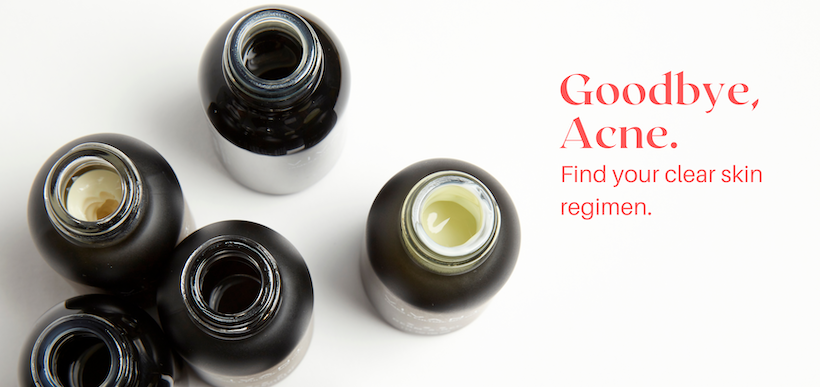What’s Really the Best Way to Boost Collagen?

In the quest for the optimum collagen boost, there’s no shortage of offerings—injections, supplements, powders, creams, bone broth elixirs. It’s an endless parade of products and practitioners promising the latest and greatest breakthrough booster. If it all leaves you more confused than convinced, you’re not alone. Let’s take a deeper dive.
Collagen is the most abundant protein in your body. It’s in skin, muscles, bones, tendons, ligaments, organs, blood vessels, intestinal lining, and other connective tissues, and It’s vital for your skin’s firmness and elasticity. If there is a fountain of youth, collagen is it.
It’s not all about bone broth.
While everyone from Halle Berry to Shailene Woodley raves about the miracle of bone broth, scientists aren’t in agreement. According to experts, bone broth and other sources of collagen don’t translate directly into new collagen in the body. When you consume these foods, your body breaks down the protein into amino acids and puts it to work where needed. Additionally, while bone broth does contain beneficial vitamins and enzymes, they get denatured from heat during cooking, reducing their benefit.
Supplements may be a better option. A recent study concluded that the concentration of collagen-building amino acids in bone broth is significantly lower than what one gets in a collagen supplement.
Kantha Shelke, a food scientist and spokesperson for the Institute of Food Technologists, says that building collagen requires more than bone broth.
"Eating a diet rich in leafy green vegetables is ideal," she says. "Plants offer richer sources in collagen building blocks and, in addition, provide nutrients not found in sufficient quantities in meats or broth."
Protein isn’t the only thing that’s important. The synthesis of collagen involves the combining of two amino acids—glycine and proline—in a process that requires vitamin C, so getting plenty of vitamin C in your diet is essential.
In much the same way that protein in your diet doesn’t translate directly to new collagen, when used topically, collagen is at a disadvantage. The molecules are too large to be absorbed into the deeper layers of the dermis. Additionally, other cell regulators are required in order for your body to synthesize new collagen.
Protect and promote.
Your body is continually producing and recycling collagen. When you’re young, production is at its peak. After age forty, collagen is degrading faster than it is synthesizing. So as important as boosting collagen is, don’t forget to pay close attention to protecting what you’ve got.
When it comes to topical ingredients, your best friends are antioxidants and cell regulators. Antioxidants like vitamins, polyphenols, and flavonoids, fight collagen degradation by reducing the concentration of free radicals in the skin. Cell regulators, including retinol (vitamin A) and peptides, act directly on the collagen metabolism and stimulate the production of collagen and elastin fibers.
Vitamins A and C are both antioxidants and cell regulators, so these two are essential to your collagen preservation and boosting program.
- Use sunscreen to block or reduce skin exposure to harmful UV radiation
- Restrict sugar and simple carbs in your diet to avoid the inflammation that harms protein
- Use retinoids (vitamin A) to inhibit collagen degradation and to promote production
- Use peptides to stimulate collagen synthesis and activate dermal metabolism
- Incorporate anti-oxidants, particularly in combination, to reduce and neutralize collagen- damaging free radicals
Micro-needling can give a boost to collagen production by initiating a micro-injury, which stimulates repair by collagen expression. The process is enhanced by applying antioxidants and cell-regulators prior to rolling. Similarly, peels can encourage this kind of dermal repair to help increase collagen in the skin.
Bottom line, there is no miracle booster. The best way to boost collagen is to understand the mechanisms of topical skin care ingredients and diet and use them to your advantage.
Vivant recommends:
A superstar duo of antioxidant vitamins C and E give this formula a synergistic advantage for advanced photoprotection and repair. Reverses sun damage, boosts collagen production, fades dark marks, and promotes cellular repair for a brighter, smoother, plumper appearance and an overall radiant glow.
Vitamin A promotes collagen production, diminishes the appearance of fine lines and wrinkles, and protects against photo-aging and free radicals. Dr. Fulton developed and patented Vitamin A Propionate, the most effective non-prescription retinoid available.
This super-concentrated formula uses oligopeptides to activate collagen and elastin production while reducing inflammation and redness, along with lactic acid to accelerate cell turnover and draw moisture into the skin.
Sun protection and hydration in one. The lightweight, non-comedogenic, and non-greasy formula works under makeup or alone. Mix it with mineral powder to create your own foundation.


Comments